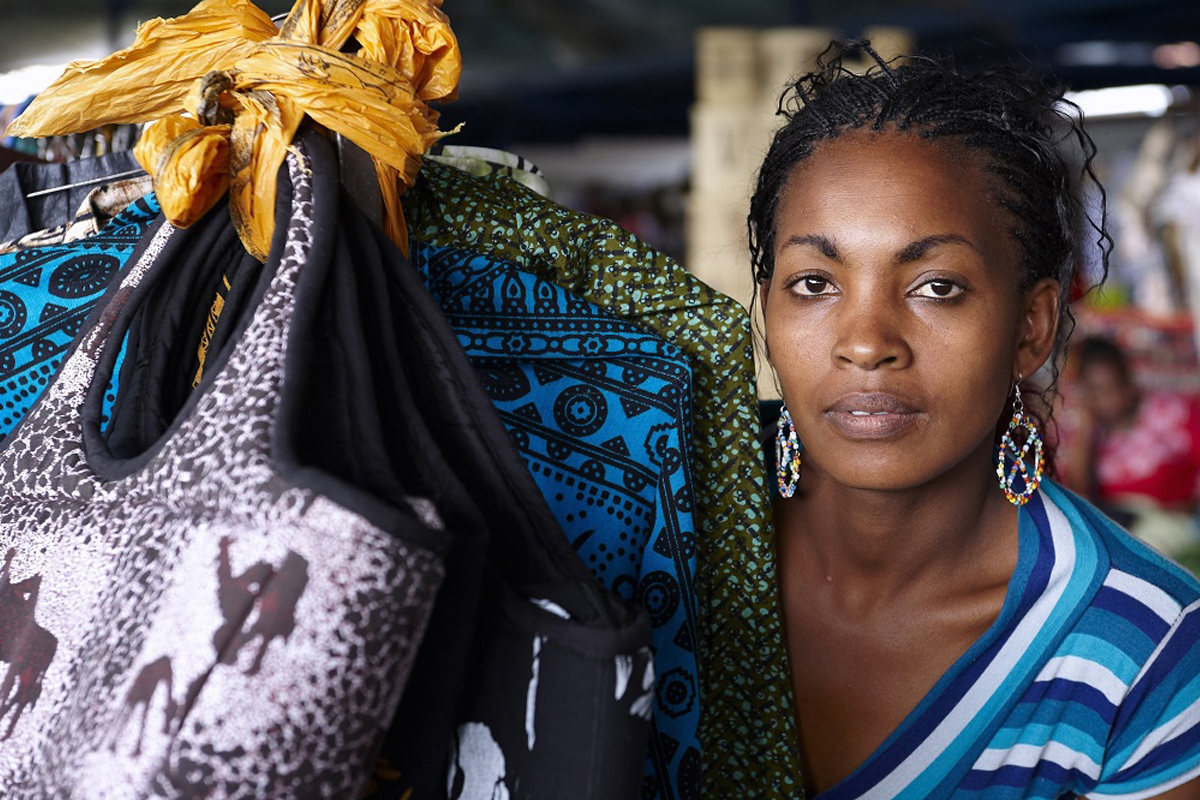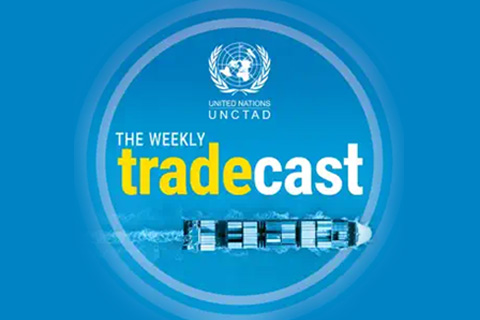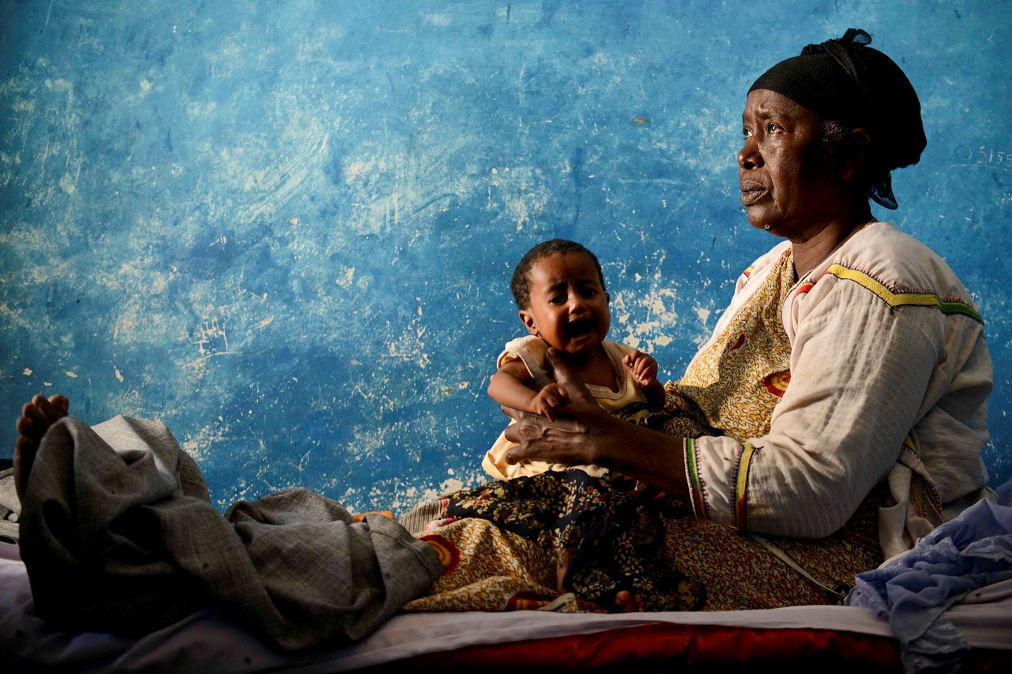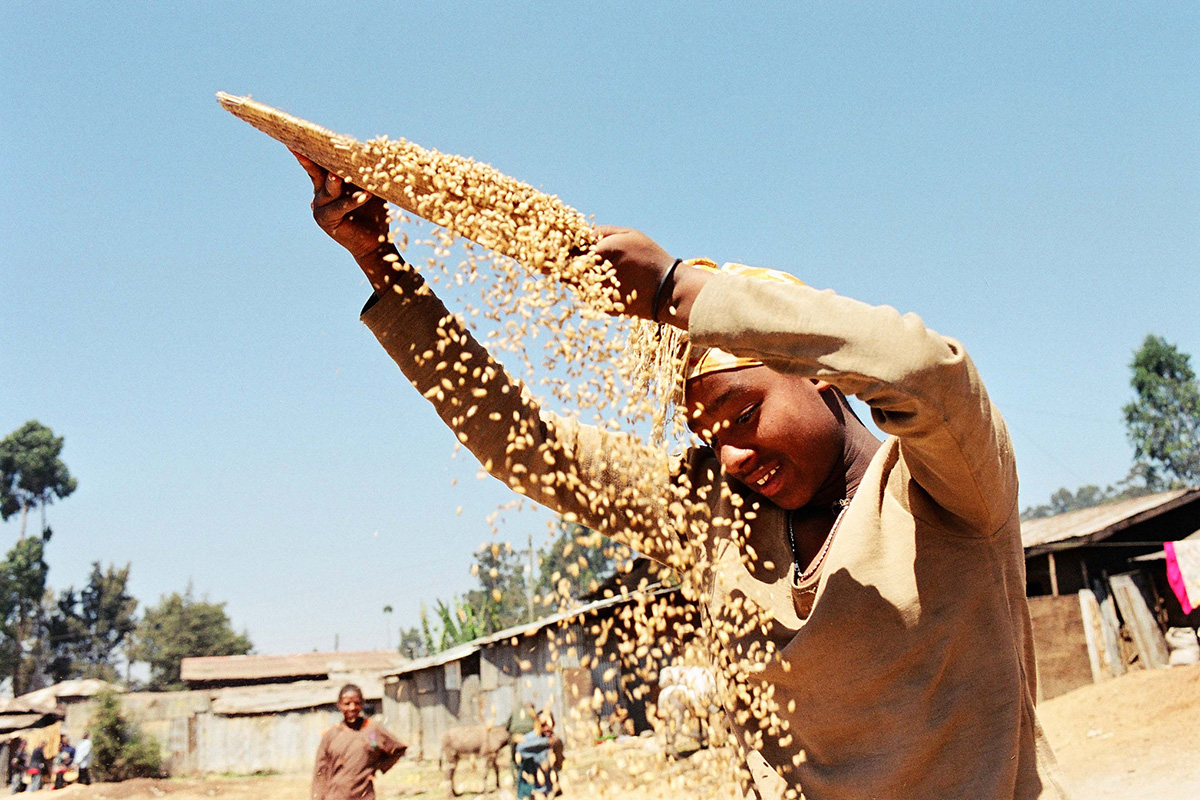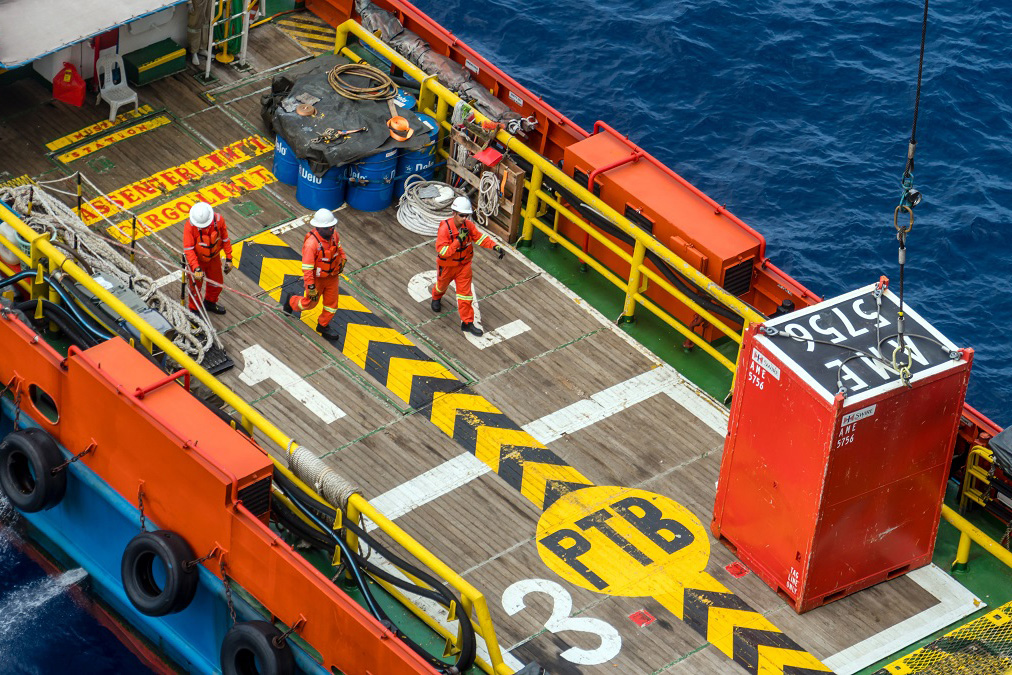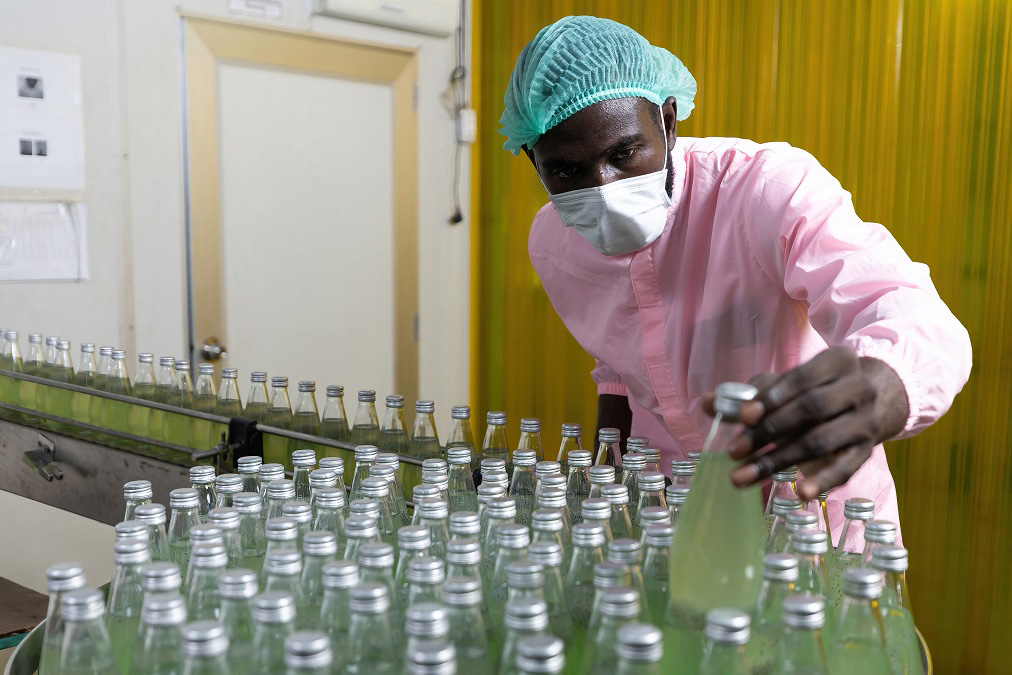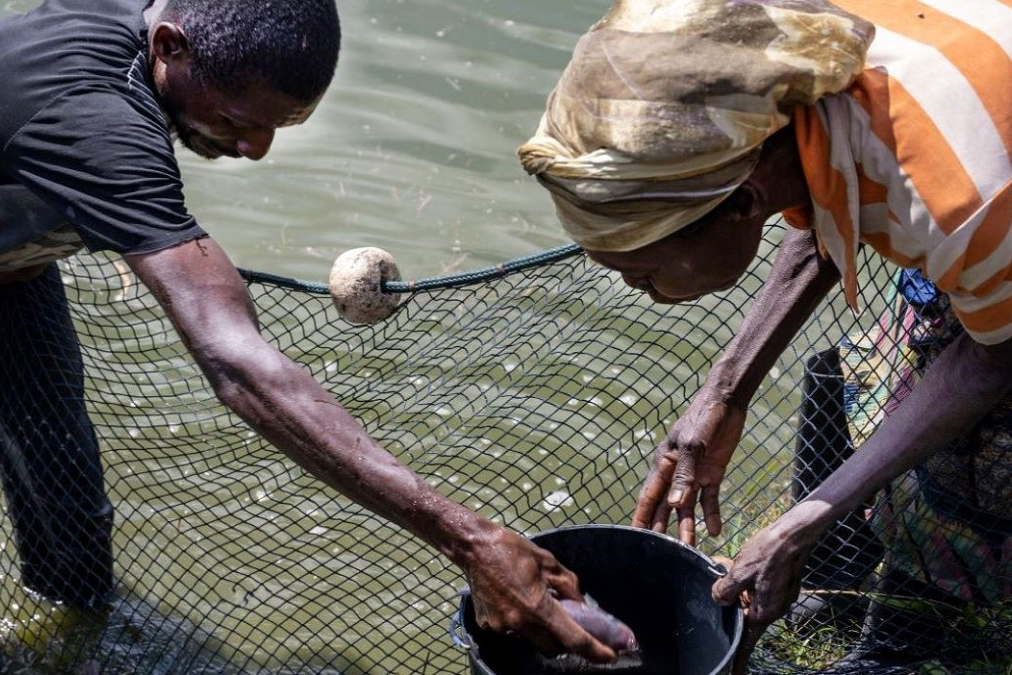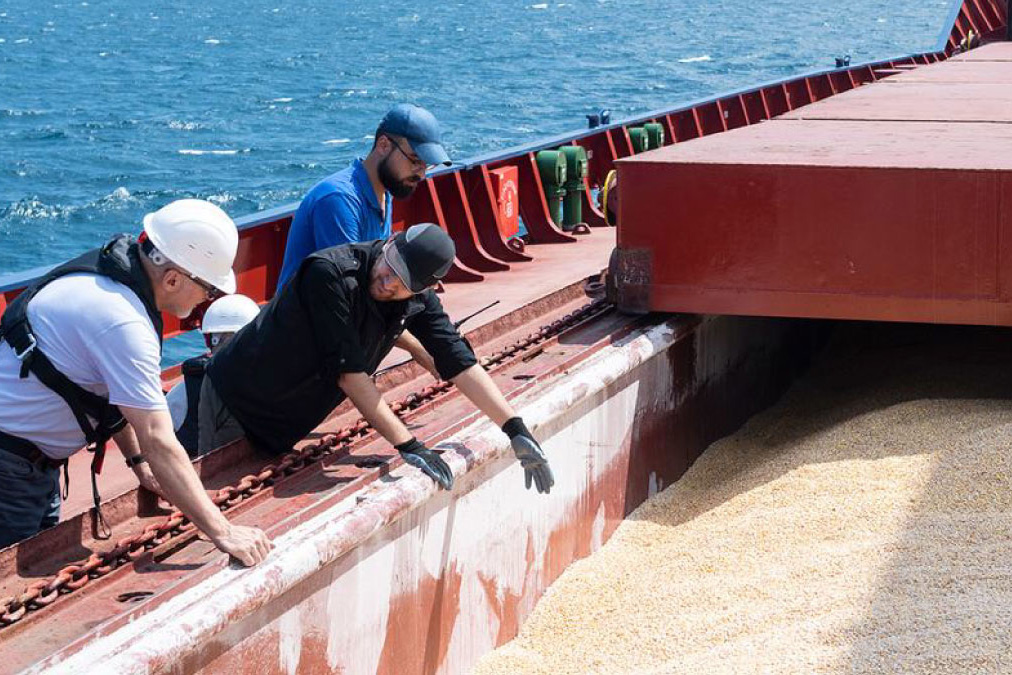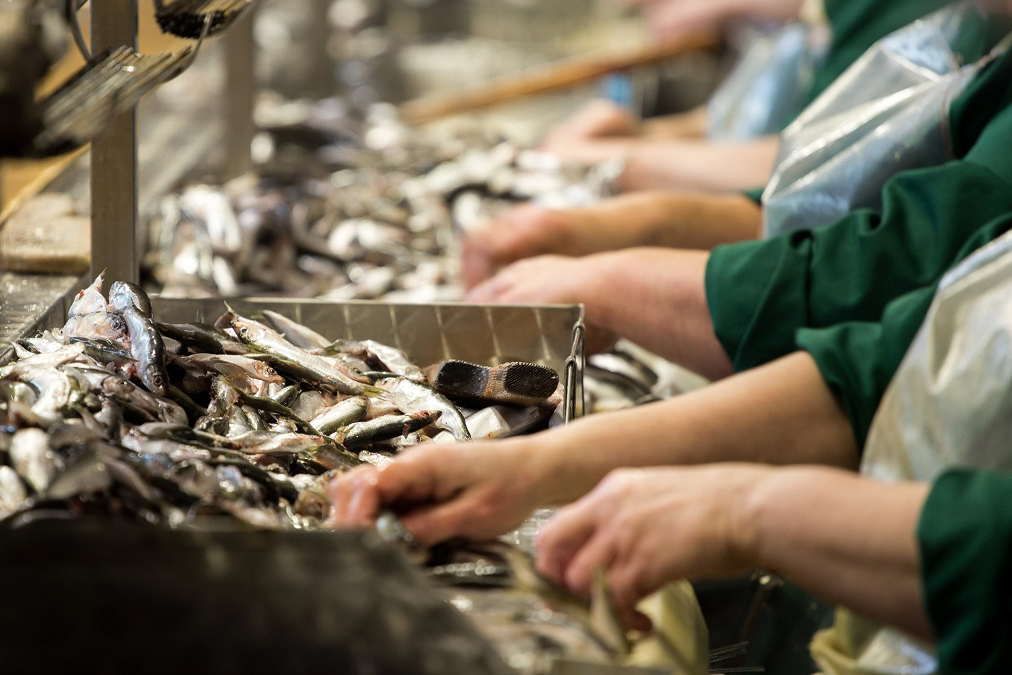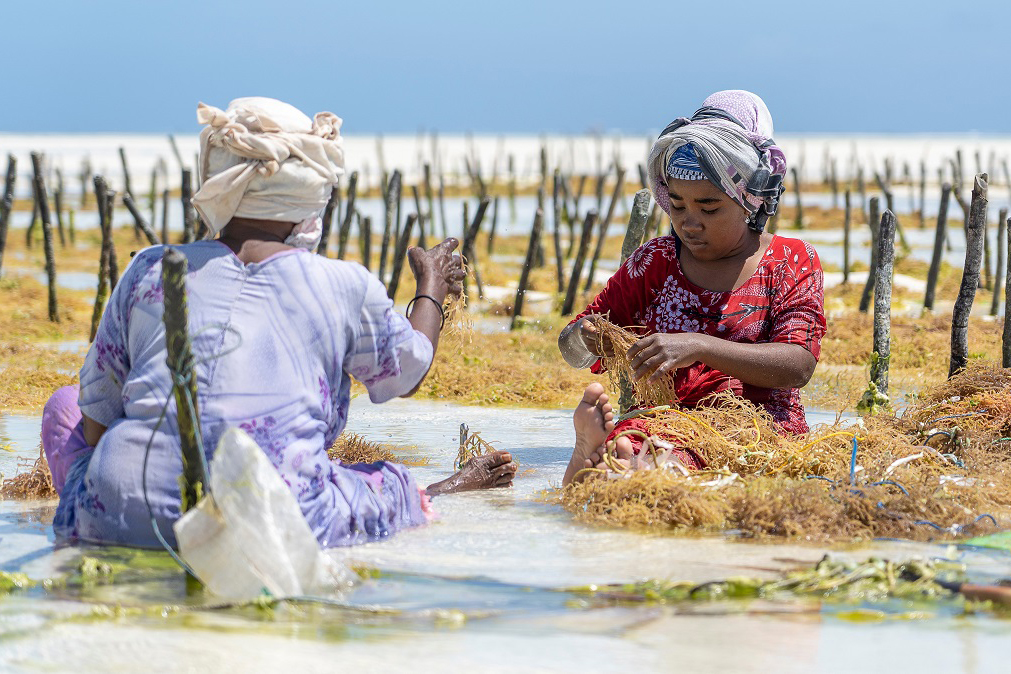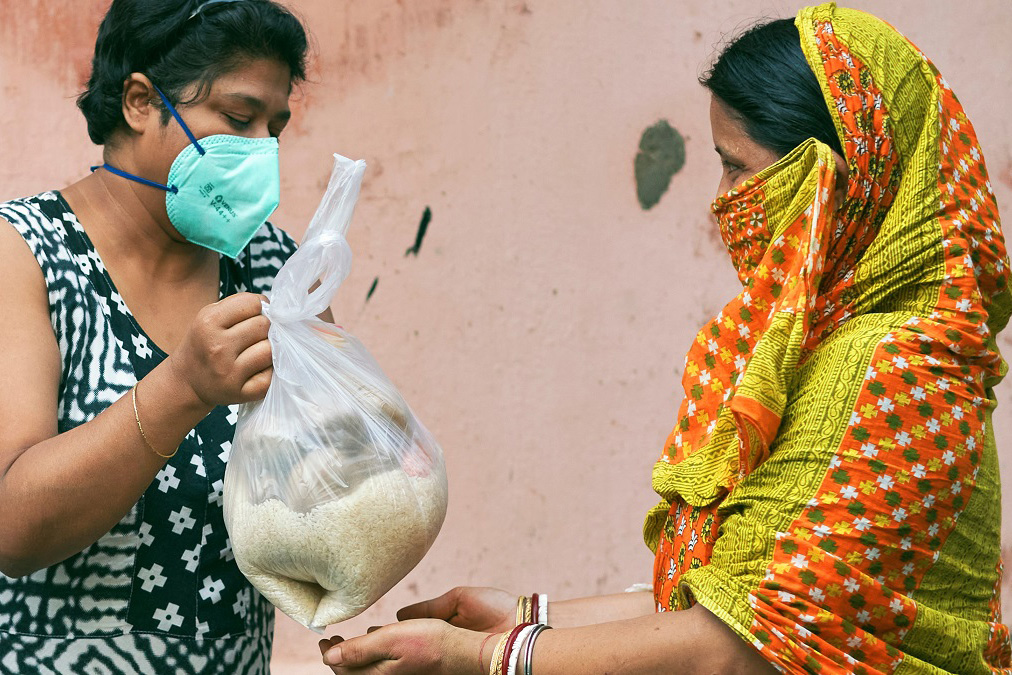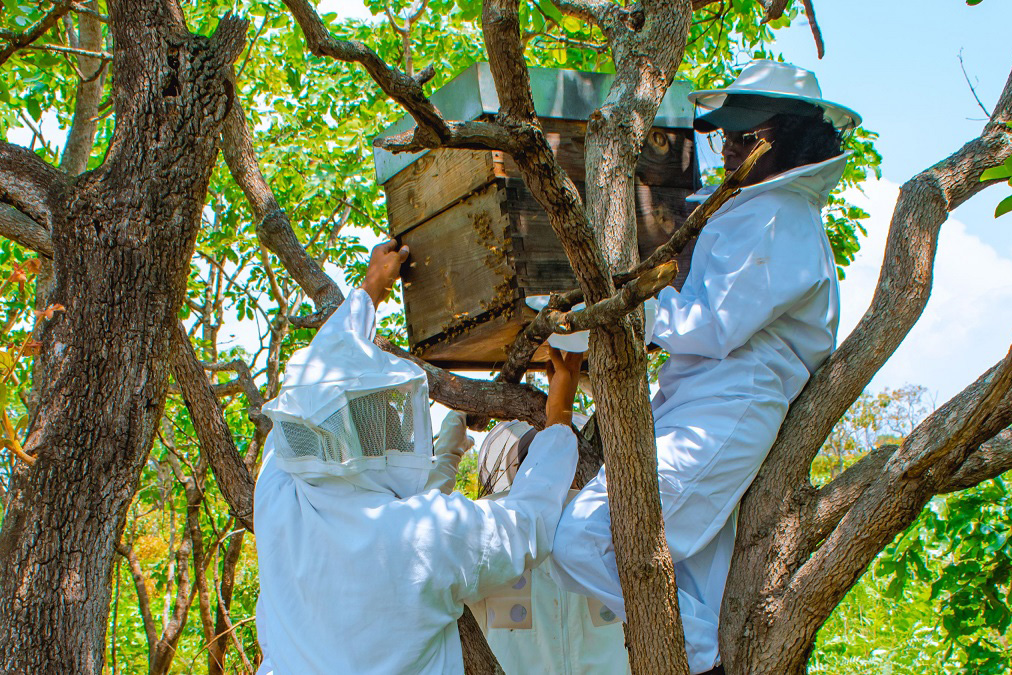UNCTAD publishes new guidelines to collect data to help policymakers tackle gender inequalities in trade.
UNCTAD
This episode of the Weekly Tradecast looks at the illegal wildlife trade with David Vivas, a United Nations Conference on Trade and Development (UNCTAD) legal officer working on trade and environmental issues.
Every year, huge numbers of animals and plants are bought and sold illicitly as food, medicine, clothing, furniture and even musical instruments.
Wildlife is big business. The illegal trade is estimated to be worth at least $7 billion but it could be much larger.
Trafficking is driving some species – especially rhinos, elephants, tigers, lions and pangolins – towards extinction. Many others are at risk.
Image credit: UNCTAD
UNCTAD reports global public debt has reached colossal levels, standing at $92 trillion in 2022. This five-fold surge in public debt levels since 2000 demands immediate action to tackle the escalating crisis affecting developing countries. On average, African countries pay four times more for borrowing than the United States and eight times more than the wealthiest European economies. A total of 52 countries – almost 40 percent of the developing world – are in serious debt trouble with half of all developing nations spend a minimum of 7.4% of their export revenues on servicing external public debt.
UNCTAD reports that a significant increase in investment in sustainable energy systems in developing countries is crucial for the world to reach climate goals by 2030.
Following two consecutive quarters of decline, global trade in goods and services rebounded between January and March 2023. But prospects for the rest of the year are bleak, according to UNCTAD.
The recently launched Productive Capacities Index will help countries make more accurate diagnostics and measurements of their economic performance. By measuring the economy from an input perspective across eight core components of productive capacities, the PCI more fully captures economic potential and highlights key areas for development policy focus. Stronger productive capacities help countries move towards long-term national development goals and achieve the Sustainable Development Goals. With UNCTAD’s support, more countries are adopting the PCI to establish data-driven and evidence-based policies.
Angola boasts a vast coastline, ample labour in the fisheries sector and good trading relations with major fish importers in Europe and Asia. With the fish traded globally expected to rise from 187 million tons in 2018 to 250 million tons by 2030, Angola stands to benefit from this opportunity. Angola can create more jobs, trade opportunities, boost food security, improve livelihoods and reduce poverty by tapping more into the blue economy – the sustainable use of ocean resources for economic growth. UNCTAD is supporting Angola to build a sustainable, resilient and inclusive blue economy.
The extension of the Initiative is confirmed for another 60 days. The Initiative along with an UNCTAD managed agreement has moved food products and fertilizers helping to bring down food prices.
UNCTAD will host the third UN Trade Forum to identify trade policies to help countries grow their economies while tackling challenges and accelerating progress towards achieving the SDGs.
UNCTAD - in its latest Trade and Development Report Update - warns that developing countries are facing years of difficulty as the global economy slows down amid heightened financial turbulence. Annual growth across large parts of the global economy will fall below pre-pandemic levels and well below the decade of strong growth before the global financial crisis. Developing countries are facing a projected foregone income of $800 billion and battling unprecedented levels of debt distress. Global growth in 2023 is expected to drop to 2.1%, compared to the 2.2% projected in September 2022.
For 15 years, Mavilde de Assunção Alves has struggled to maintain her hives, which have dwindled from 15 to 8. After attending a UNCTAD training workshop, she’s more confident about the future.
World trade hit a record $32 trillion in 2022, but growth turned negative in the last half of the year. Environmentally friendly products defied the trend.
UNCTAD reports the Black Sea Grain Initiative - which has moved 25 million metric tons of grains - mostly benefitted developing countries, supporting food security among the most vulnerable.

